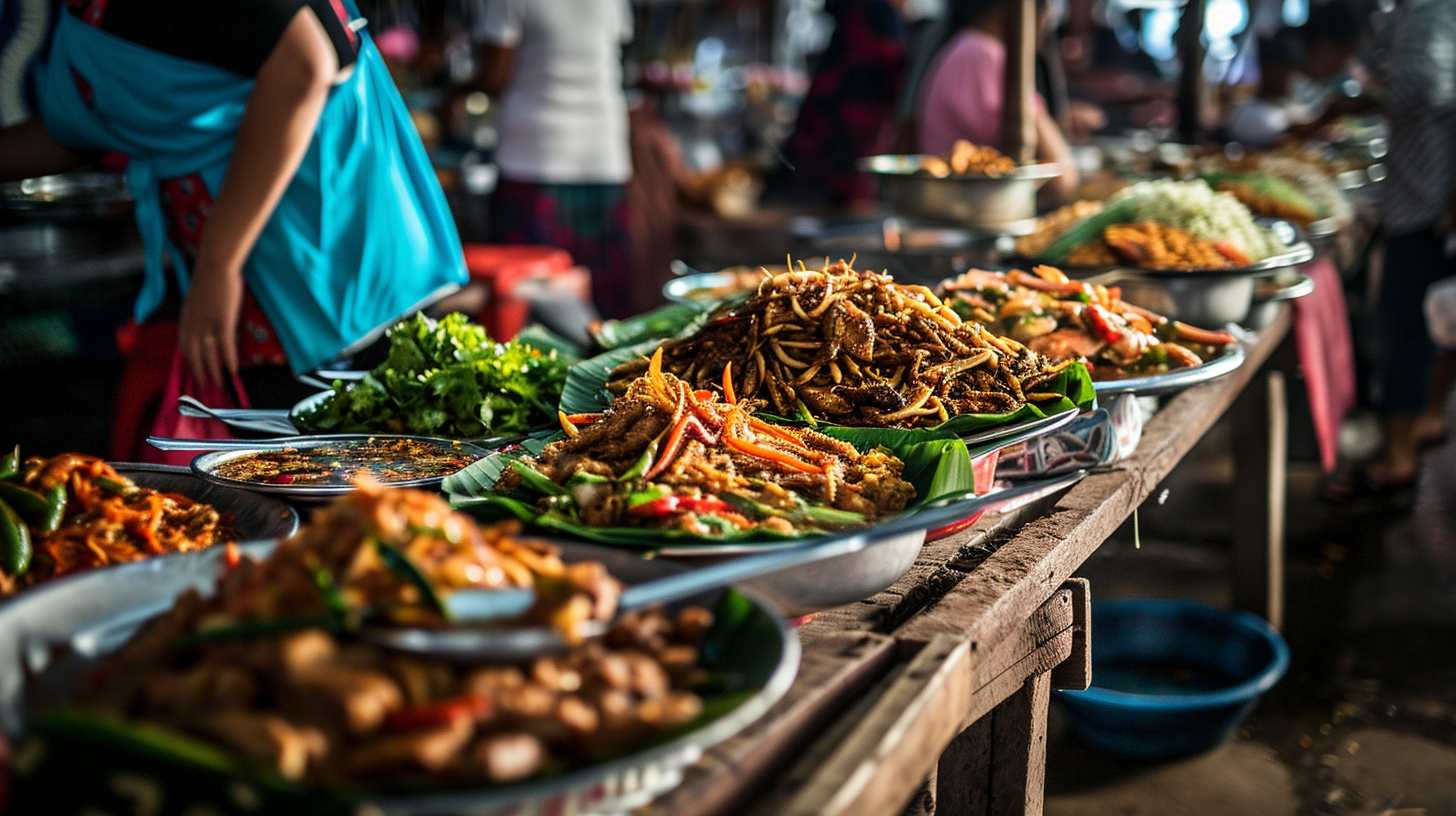Staying hydrated is essential for maintaining overall health and well-being. While water is often considered the go-to choice for hydration, many people wonder if other beverages, such as milk, can also contribute to their daily water intake. So, does milk count as water intake? Let’s explore this question and understand the role of milk in hydration.
Composition of Milk
Milk is primarily composed of water, along with other nutrients like protein, carbohydrates, fats, vitamins, and minerals. The exact composition may vary depending on the type of milk, such as whole milk, skim milk, or plant-based alternatives like almond milk or soy milk.
Hydration and Water Content
Water is crucial for maintaining proper hydration in the body. It helps regulate body temperature, supports digestion, aids in nutrient absorption, and ensures the optimal functioning of bodily systems. Most health experts recommend consuming an adequate amount of water daily to meet hydration needs.
Milk’s Hydrating Properties
Milk can contribute to your overall hydration due to its high water content. While it may not hydrate the body as effectively as plain water, drinking milk can still provide a source of hydration. The water in milk is absorbed by the body and helps replenish fluids, especially when consumed in moderate amounts.
Additional Nutrients
One of the benefits of drinking milk is the additional nutrients it provides. Milk is a rich source of calcium, vitamin D, and protein, which are essential for bone health, muscle function, and overall nutrition. Incorporating milk into your diet can be a way to obtain these nutrients while also contributing to your overall hydration.
Considerations for Milk Intake
While milk can contribute to your daily water intake, it’s important to be mindful of certain factors. For individuals with lactose intolerance or dairy allergies, consuming milk may not be suitable. In such cases, alternative sources of hydration and nutrients should be considered.
Balance and Variety
Maintaining a balanced and varied diet is key to meeting your nutritional needs. While milk can be part of a healthy diet, it should not be the sole source of hydration. It’s important to incorporate a variety of fluids, including water, herbal teas, and other beverages, along with a diverse range of foods to ensure proper hydration and overall nutrition.
Personal Preferences and Dietary Needs
Individual preferences and dietary needs play a significant role in determining the choice of beverages for hydration. Some people may find milk more appealing or enjoyable to drink, while others may prefer different options. It’s important to listen to your body and choose the beverages that suit your taste, dietary requirements, and overall health goals.
In Conclusion
While water remains the optimal choice for hydration, milk can contribute to your overall water intake due to its high water content. Drinking milk can provide hydration along with valuable nutrients. However, it’s important to maintain a balanced and varied diet, incorporating a diverse range of fluids and foods to meet your hydration and nutritional needs. Remember to consider personal preferences, dietary restrictions, and consult with a healthcare professional if you have specific concerns or conditions related to milk consumption.




